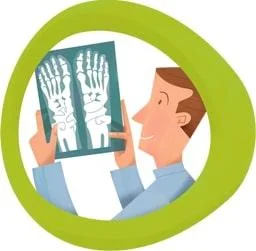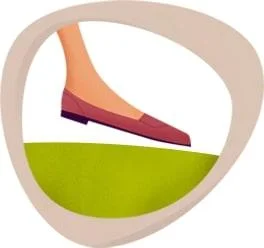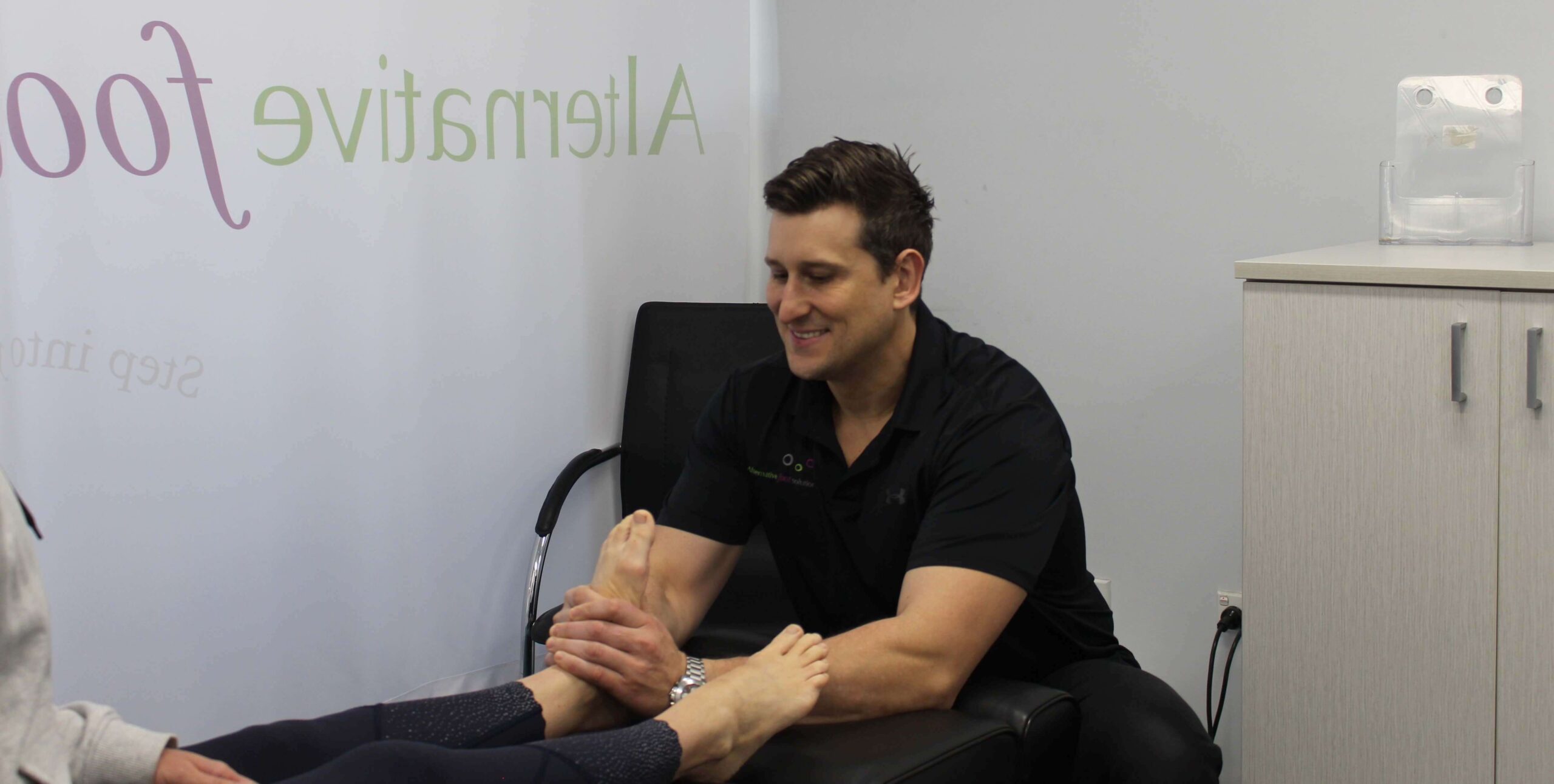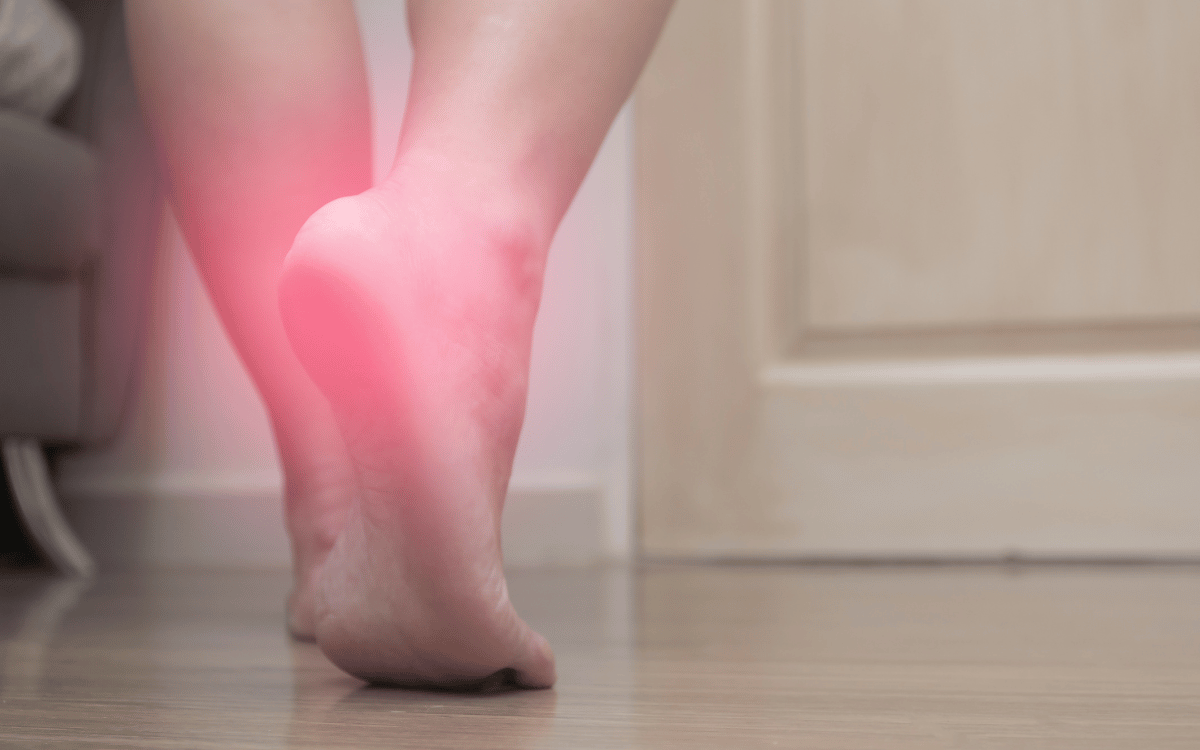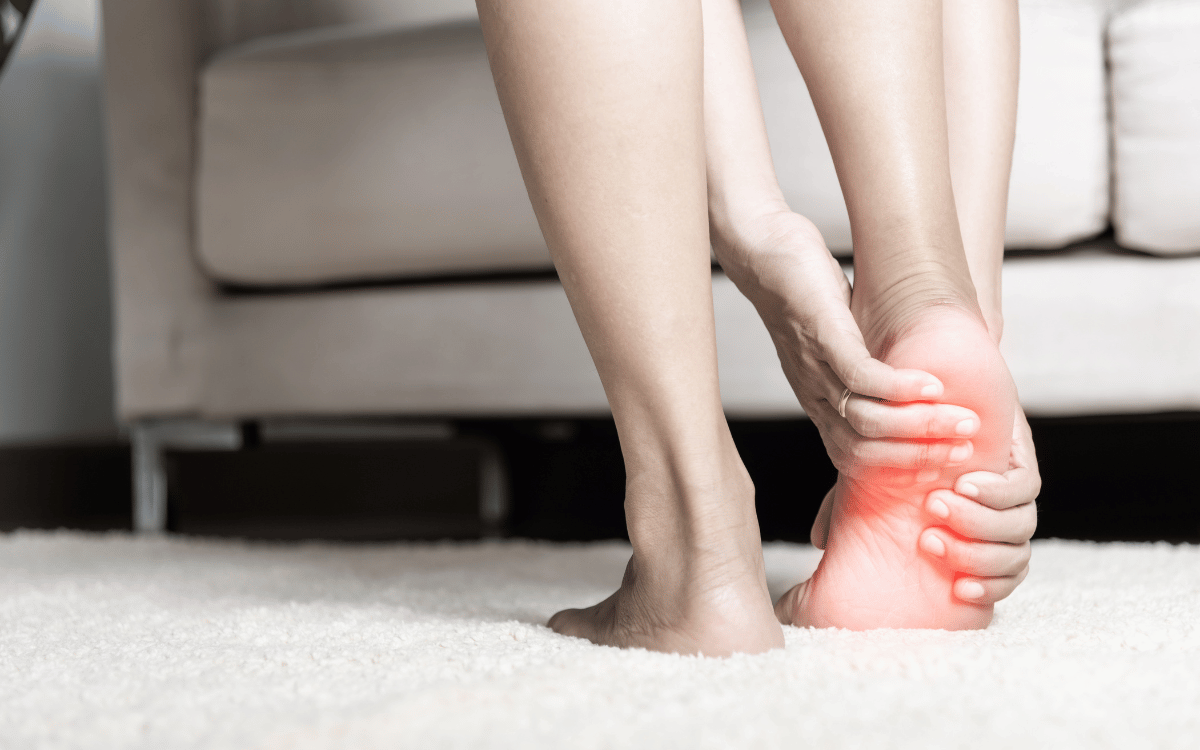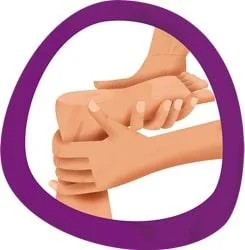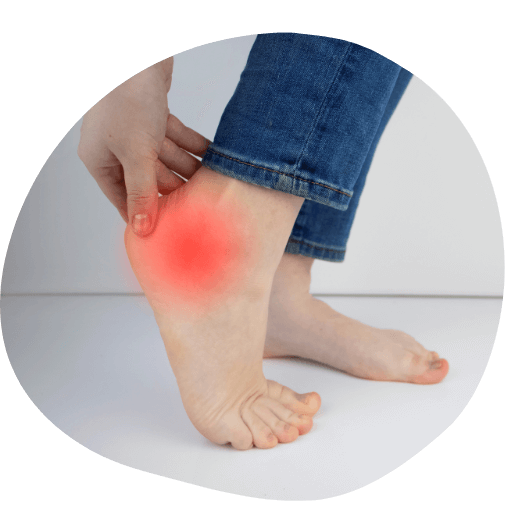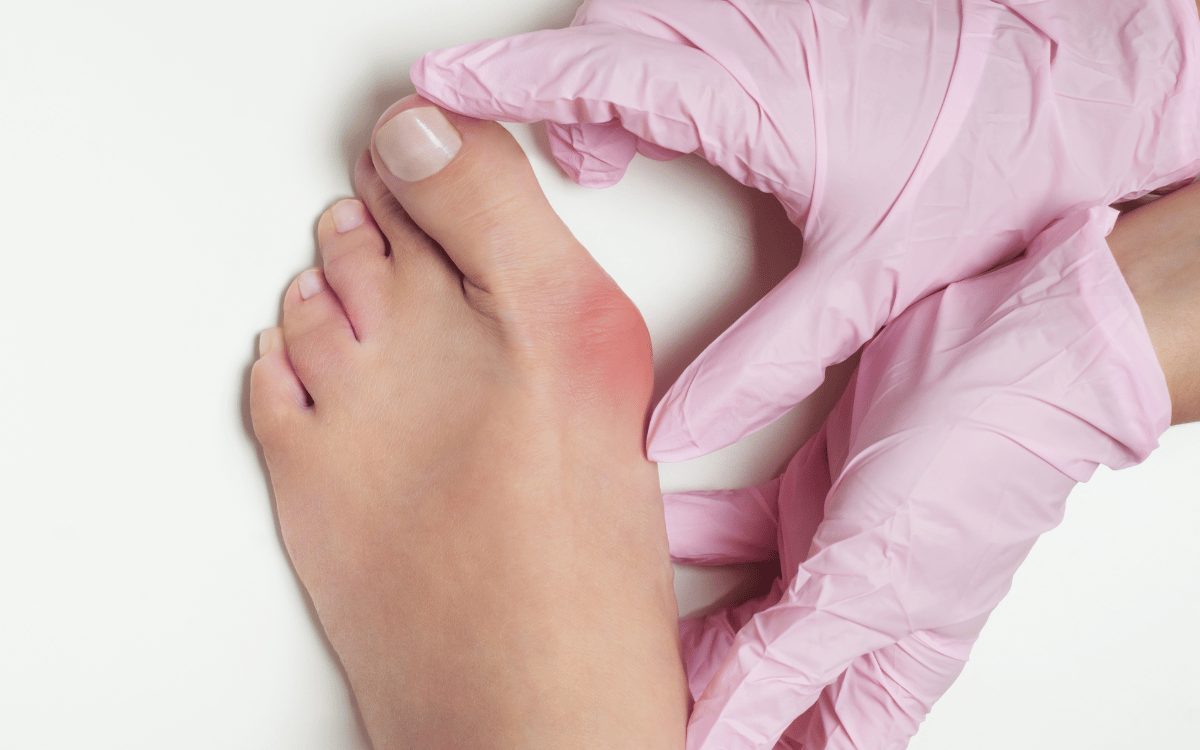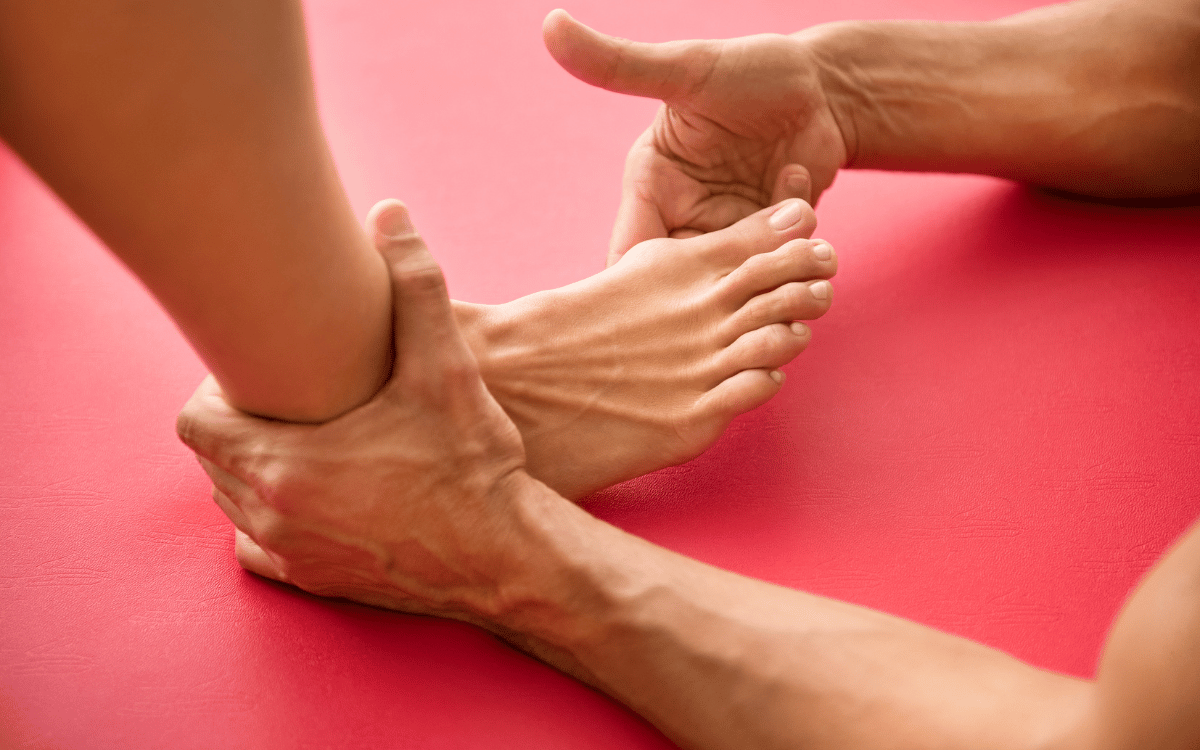Frequently Asked Questions
Can I claim heel pain treatment in Sydney on private health insurance?
You can claim heel pain treatment in Sydney on private health insurance, depending on your specific policy and coverage. It's best to check with your insurer for details on eligible treatments and reimbursements.
How long does it take to recover from heel pain in Sydney?
The recovery time from heel pain in Sydney varies, typically ranging from a few weeks to several months, depending on the severity of the condition and the effectiveness of the treatment plan implemented.
Are there any heel pain specialists in Sydneys CBD?
Heel pain specialists are available in Sydney's CBD, including the expert team at Sydney Foot Solutions, who offer targeted treatments and assessments for effective relief.
Can I get heel pain treatment in Sydney without surgery?
Heel pain treatment in Sydney can be effectively managed without surgery. Sydney Foot Solutions offers various non-invasive therapies to alleviate heel pain, ensuring a tailored approach to each patient's needs.
What are the most common causes of heel pain?
The most common causes of heel pain include plantar fasciitis, Achilles tendonitis, heel spurs, and bursitis. These conditions often arise from overuse, improper footwear, or underlying health issues, leading to discomfort and mobility challenges.
How does a heel pain clinic treat Achilles tendonitis?
Heel pain clinics treat Achilles tendonitis through a combination of therapies, including physical therapy, custom orthotics, and anti-inflammatory treatments, aimed at reducing pain, improving mobility, and promoting healing in the affected area.
What are the best Sydney heel pain clinics for athletes?
The best Sydney heel pain clinics for athletes are those that specialize in sports podiatry, offering targeted treatments and assessments. Sydney Foot Solutions is highly recommended for its effective therapies tailored to athletic needs.
Can orthotics help alleviate heel pain in Sydney runners?
Orthotics can effectively alleviate heel pain in Sydney runners by providing proper arch support and cushioning, which helps to redistribute pressure and reduce strain on the heel. This tailored support can enhance comfort and improve running performance.
What are the benefits of seeing a heel pain specialist?
The benefits of seeing a heel pain specialist include receiving targeted assessments and personalized treatment plans that effectively address the root causes of heel pain, leading to improved mobility and enhanced quality of life.
What are the common causes of heel pain in Sydney residents?
The common causes of heel pain in Sydney residents include plantar fasciitis, Achilles tendinitis, and heel spurs, often exacerbated by factors such as improper footwear, overuse, and physical activity levels typical in urban lifestyles.
How to relieve heel pain from plantar fasciitis?
Relieving heel pain from plantar fasciitis involves rest, ice application, stretching exercises, and using supportive footwear. Additionally, seeking professional treatment can provide tailored therapies to enhance recovery and alleviate discomfort effectively.
Can a heel pain clinic help with flat feet?
A heel pain clinic can effectively address flat feet by providing targeted assessments and treatments. These may include custom orthotics, physical therapy, and other therapies designed to alleviate pain and improve foot function.
Can physical therapy help in treating heel pain?
Physical therapy can be an effective treatment for heel pain. It helps by strengthening the foot muscles, improving flexibility, and reducing inflammation, ultimately leading to pain relief and better mobility.
What are the best exercises for heel pain relief?
The best exercises for heel pain relief include stretching the calf muscles, strengthening the foot arches, and performing toe raises. These exercises can help alleviate pain and improve flexibility, promoting better foot health.
Can a heel pain clinic diagnose plantar fasciitis?
A heel pain clinic can effectively diagnose plantar fasciitis through comprehensive assessments and evaluations. Their specialized knowledge allows for accurate identification of the condition and the development of targeted treatment plans.
What exercises can I do to relieve heel pain in Sydney?
Exercises to relieve heel pain include calf stretches, toe raises, and plantar fascia stretches. Engaging in these activities regularly can help alleviate discomfort and improve flexibility. For personalized guidance, consider consulting Sydney Foot Solutions.
What are the treatments for heel pain in Sydneys eastern suburbs?
The treatments for heel pain in Sydney's eastern suburbs include comprehensive assessments, custom orthotics, physiotherapy, and shockwave therapy, all aimed at providing effective relief and promoting healing for various heel conditions.
Can heel pain be treated without surgery?
Heel pain can often be treated without surgery. Effective non-surgical treatments include physical therapy, custom orthotics, and anti-inflammatory medications, which can help alleviate pain and promote healing.
What are the common causes of heel pain in runners?
The common causes of heel pain in runners include plantar fasciitis, Achilles tendonitis, overuse injuries, improper footwear, and biomechanical issues such as flat feet or high arches. Addressing these factors can help alleviate pain and improve performance.
Do heel pain clinics offer custom orthotics?
Heel pain clinics often offer custom orthotics as part of their treatment plans. These tailored inserts are designed to provide support and alleviate pain, addressing specific foot conditions effectively.
How to treat heel pain with ice and heat therapy?
Treating heel pain with ice and heat therapy involves alternating between applying ice packs to reduce inflammation and heat packs to relax muscles. Start with ice for 15-20 minutes, followed by heat for another 15-20 minutes to enhance circulation and alleviate discomfort.
What are the signs of heel pain?
The signs of heel pain include localized discomfort, swelling, stiffness, and tenderness in the heel area, often worsening with activity or prolonged standing. You may also experience sharp pain during the first steps in the morning.
How can I prevent heel pain?
Preventing heel pain involves wearing supportive footwear, maintaining a healthy weight, and incorporating stretching exercises for your feet and calves. Regularly assessing your foot health can also help identify potential issues early.
What is the recovery time for heel pain?
The recovery time for heel pain varies based on the underlying cause and treatment approach. Generally, with appropriate therapies, patients may see improvement within a few weeks to several months.
Are there non-surgical options for heel pain?
Non-surgical options for heel pain include various therapies such as physical therapy, orthotic devices, and corticosteroid injections, which can effectively relieve pain and promote healing without the need for surgery.
What therapies are effective for heel pain?
Effective therapies for heel pain include custom orthotics, physical therapy, ultrasound therapy, and corticosteroid injections. These treatments aim to alleviate pain, improve mobility, and address the underlying causes of heel discomfort.
How do I choose a heel pain specialist?
Choosing a heel pain specialist involves considering their qualifications, experience in treating heel pain, and patient reviews. Look for practitioners who offer comprehensive assessments and tailored treatment plans to ensure effective care for your specific condition.
What exercises worsen heel pain symptoms?
Certain exercises can worsen heel pain symptoms, particularly high-impact activities like running, jumping, or any movement that places excessive stress on the heel. It's advisable to avoid these until your condition improves.
Can heel pain be caused by footwear?
Heel pain can indeed be caused by footwear. Poorly fitting shoes, high heels, or lack of arch support can lead to discomfort and exacerbate existing foot conditions. Choosing the right footwear is essential for foot health.
What lifestyle changes help reduce heel pain?
Lifestyle changes that help reduce heel pain include maintaining a healthy weight, wearing supportive footwear, stretching before and after activities, and incorporating low-impact exercises into your routine. These adjustments can alleviate pressure on your heels and promote healing.

